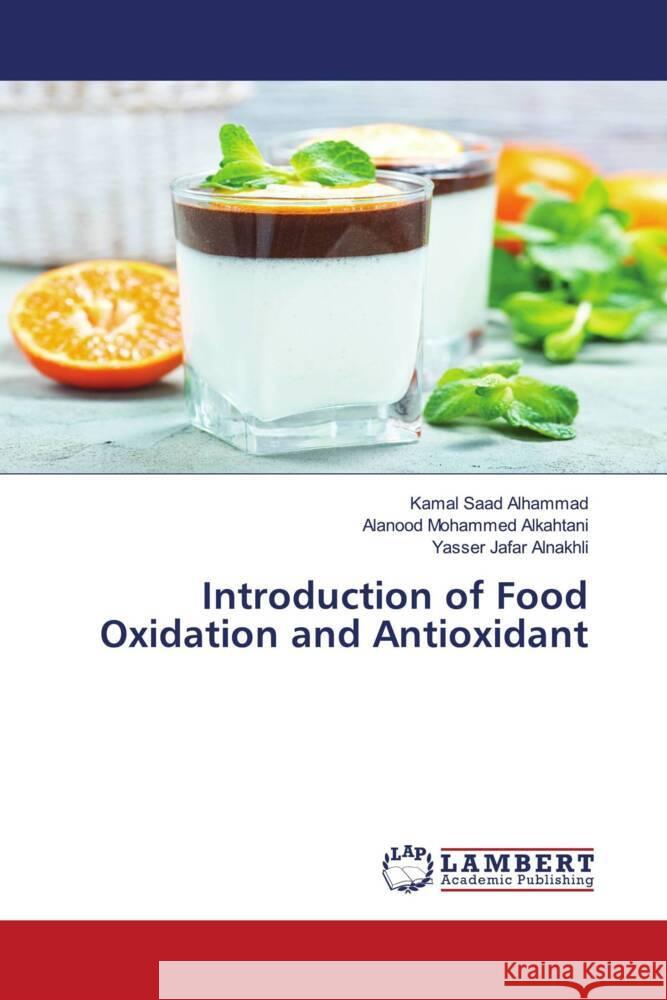Introduction of Food Oxidation and Antioxidant » książka
Introduction of Food Oxidation and Antioxidant
ISBN-13: 9786204954011 / Angielski / Miękka / 96 str.
The involvement of oxidized proteins to the development of biological diseases has been studied for a few decades, but the effects and the mechanisms of protein oxidation in food systems are largely unknown. Protein oxidation is defined as the covalent modification of a protein induced either by the direct reactions with reactive oxygen species (ROS) or indirect reactions with secondary by-products of oxidative stress. ROS can cause oxidation in both amino acid side chains and protein backbones, resulting in protein fragmentation or protein-protein cross-linkages. Although all amino acids can be modified by ROS, cysteine, and methionine that are the most susceptible to oxidative changes due to high reaction susceptibility of the sulfur group in those amino acids. Oxidative modifications of proteins can change their physical and chemical properties. Increased levels of protein oxidation have been associated with various biological consequences, including diseases and aging, in humans and other animal species. The basic principles and products of protein oxidation and the implications of protein oxidation in food systems, especially in meat, are discussed in this book.











